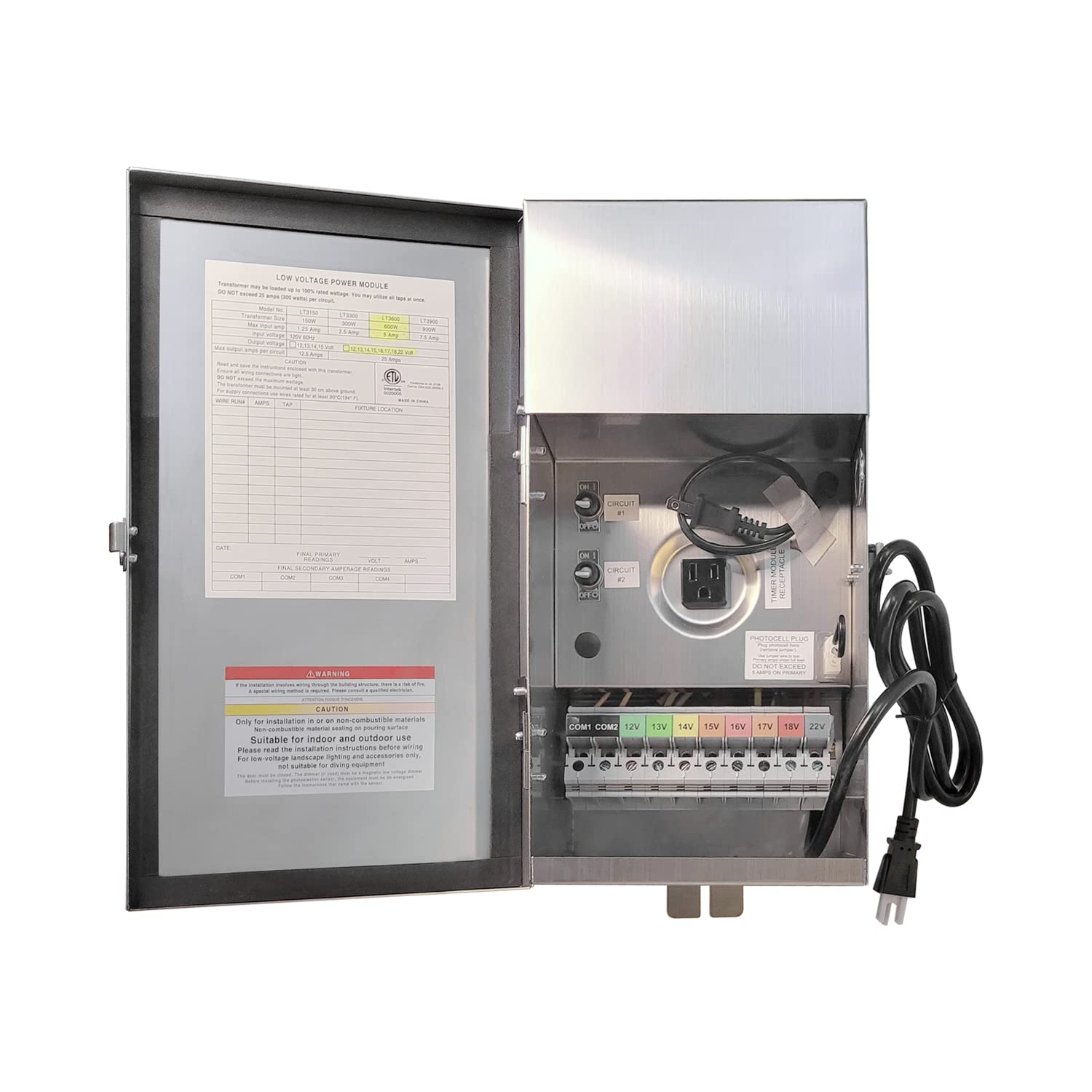When it comes to enhancing the beauty and safety of your outdoor spaces, residential outdoor lighting transformers play a crucial role. These devices are essential for converting standard voltage to low voltage, making them ideal for landscape lighting, pathway illumination, and security lighting. In this guide, we will explore the various aspects of outdoor lighting transformers, helping you make informed decisions for your home.

What Are Residential Outdoor Lighting Transformers?
Residential outdoor lighting transformers are electrical devices that reduce the voltage of electricity supplied to outdoor lighting fixtures. Typically, they convert 120 volts from your home’s electrical system to a safer 12 or 24 volts. This transformation is vital for preventing electrical hazards and ensuring the longevity of your lighting fixtures.
Key Features of Outdoor Lighting Transformers
- Voltage Conversion: The primary function is to convert high voltage to low voltage.
- Weather Resistance: Most transformers are designed to withstand outdoor conditions.
- Timer and Photocell Options: Many models come with built-in timers or photocells for automated operation.
- Multiple Output Options: Some transformers can power multiple fixtures simultaneously.
Why Are Transformers Important for Outdoor Lighting?
Using residential outdoor lighting transformers is essential for several reasons. First, they enhance safety by reducing the risk of electric shock. Low voltage lighting is safer for children and pets, making it a preferred choice for residential areas. Second, these transformers help in energy efficiency. By using low voltage systems, homeowners can reduce their energy consumption, leading to lower utility bills.
Choosing the Right Transformer
When selecting a transformer for your outdoor lighting, consider the following factors:
- Wattage: Ensure the transformer can handle the total wattage of all connected fixtures.
- Type: Decide between a magnetic or electronic transformer based on your lighting needs.
- Features: Look for additional features such as timers, dimmers, or remote control options.
- Durability: Choose a model that is weatherproof and built to last in outdoor conditions.
Installation and Maintenance of Outdoor Lighting Transformers
Installing residential outdoor lighting transformers can be straightforward, but it is essential to follow safety guidelines. If you are not comfortable with electrical work, hiring a professional is advisable. Regular maintenance is also crucial. Check connections, clean the transformer, and ensure that it is functioning correctly to prolong its lifespan.
For those looking to purchase high-quality transformers, consider visiting  . This site offers a variety of options tailored to meet your outdoor lighting needs.
. This site offers a variety of options tailored to meet your outdoor lighting needs.
Conclusion
In summary, understanding residential outdoor lighting transformers is vital for anyone looking to enhance their outdoor spaces. By choosing the right transformer, you can ensure safety, efficiency, and aesthetic appeal in your home’s exterior lighting. Whether you are a DIY enthusiast or prefer professional installation, the right knowledge will guide you in making the best choices for your outdoor lighting projects.


